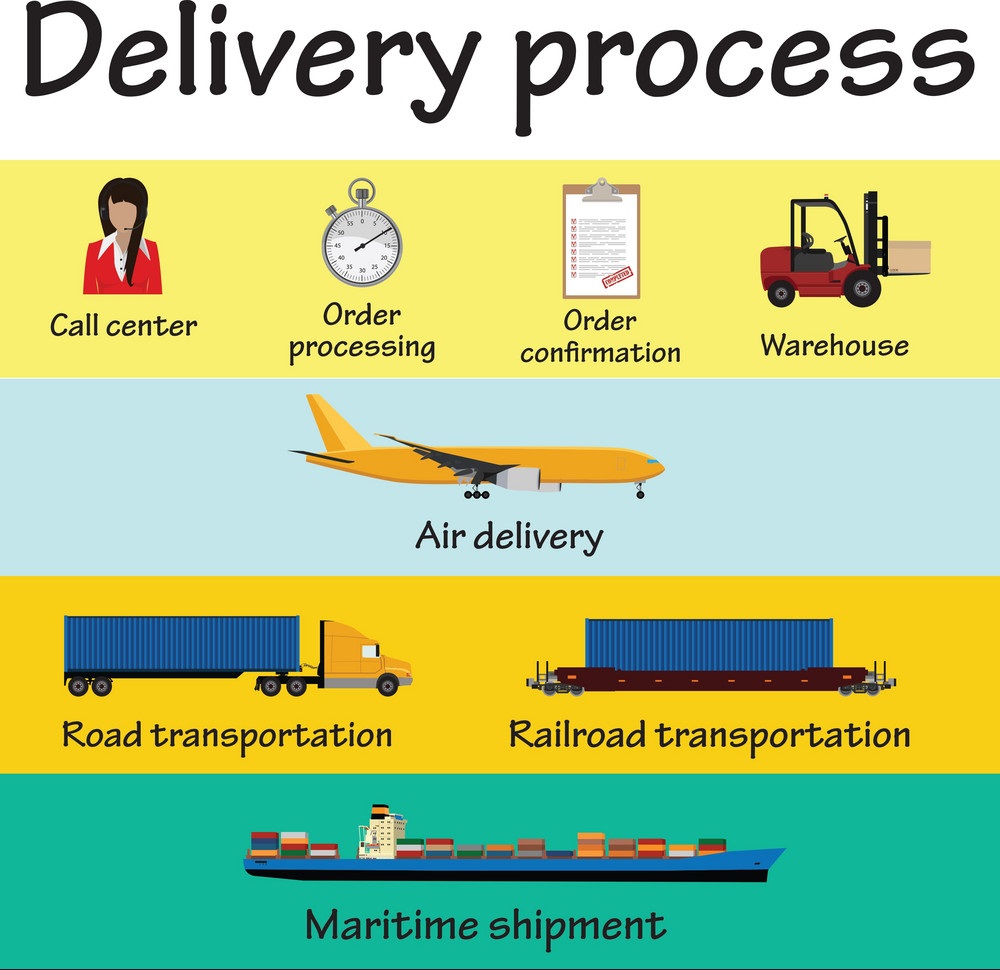# Supply Chain, Artificial Intelligence and Wellness
Supply chain management is a complex and dynamic field that involves coordinating the flow of goods and services from suppliers to customers. It is also a key driver of business performance, customer satisfaction and social responsibility. However, supply chain managers face many challenges in today’s volatile and uncertain world, such as:
– Increasing customer expectations for faster, cheaper and more personalized delivery
– Rising environmental and social pressures to reduce waste, emissions and unethical practices
– Growing complexity and interdependence of global supply networks
– Frequent disruptions and risks due to natural disasters, pandemics, cyberattacks and geopolitical conflicts
To overcome these challenges and achieve competitive advantage, supply chain managers need to leverage the power of artificial intelligence (AI). AI is a branch of computer science that enables machines to perform tasks that normally require human intelligence, such as learning, reasoning, planning and decision making. AI can help supply chain managers optimize their operations, improve their resilience and enhance their wellness in the following ways:
## Scenario Modeling

Scenario modeling is the process of creating and analyzing alternative future situations based on different assumptions and variables. It can help supply chain managers anticipate and prepare for various outcomes, evaluate trade-offs and identify opportunities. AI can enhance scenario modeling by:
– Processing large amounts of data from multiple sources and formats
– Generating realistic and relevant scenarios based on historical patterns, current trends and future projections
– Providing insights and recommendations based on advanced analytics and optimization techniques
– Enabling dynamic and interactive simulation and visualization of scenarios
For example, AI can help supply chain managers model the impact of demand fluctuations, supply disruptions, price changes, weather events or policy changes on their inventory levels, production plans, transportation routes or customer service levels. AI can also help them compare different scenarios and choose the best course of action.
“According to a survey by McKinsey & Company, 85% of respondents said that scenario planning supported faster decision making during the COVID-19 crisis.”
## Unified Demand Planning
Unified demand planning is the process of aligning the demand forecasts of different functions and stakeholders across the supply chain. It can help supply chain managers balance supply and demand, reduce costs and improve customer satisfaction. AI can enhance unified demand planning by:
– Integrating data from internal and external sources, such as sales, marketing, finance, operations, suppliers, distributors or customers
– Applying machine learning algorithms to analyze data and generate accurate and timely demand forecasts
– Incorporating causal factors, such as seasonality, promotions, events or consumer behavior
– Adjusting forecasts based on real-time feedback and signals from the market
– Collaborating with human planners and providing suggestions and explanations
For example, AI can help supply chain managers forecast the demand for a new product launch based on historical data, market research, social media sentiment or competitor actions. AI can also help them monitor the demand signals from various channels and adjust their forecasts accordingly.
According to a report by Accenture, 13% of companies that excel at simultaneously delivering relevance, resilience and responsibility use AI for unified demand planning. These companies are significantly outperforming others in overall financial performance.”
## Supplier Risk Monitoring and Resolution
Supplier risk monitoring and resolution is the process of identifying, assessing and mitigating the risks associated with suppliers. It can help supply chain managers ensure the continuity, quality and compliance of their supply base. AI can enhance supplier risk monitoring and resolution by:
– Collecting data from various sources, such as supplier databases, contracts, audits, ratings or news articles
– Applying natural language processing (NLP) techniques to extract relevant information from unstructured data
– Classifying suppliers based on their risk profiles and performance indicators
– Detecting anomalies or deviations from normal patterns or expectations
– Alerting human managers about potential issues or threats
– Recommending actions or solutions based on best practices or previous cases
For example, AI can help supply chain managers monitor the financial health of their suppliers based on their credit scores, payment histories or cash flows. AI can also help them detect any signs of fraud, corruption or unethical behavior among their suppliers.
“According to a study by Forbes Technology Council, AI enables quicker reactions to crisis scenarios and can even help predict where risk events are likely to affect supply lines. In short, AI positions leaders to navigate today’s choppy global economy and volatile supply situations.”
# Conclusion
Supply chain management is a critical function that affects the success of any business. However, it is also a challenging one that requires constant adaptation to changing conditions. By using AI tools and techniques, supply chain managers can improve their efficiency, effectiveness and agility in managing their operations. They can also enhance their wellness by reducing stress, increasing confidence and achieving better outcomes.
AI is not a magic solution that can solve all the problems of supply chain management. It is a powerful enabler that can augment human capabilities and complement human judgment. To fully harness its potential, supply chain managers need to adopt a strategic approach that aligns AI initiatives with business goals, integrates AI solutions with existing systems and processes, fosters a culture of innovation and collaboration among stakeholders, and ensures ethical and responsible use of AI.
AI is transforming the way supply chains operate and creating new possibilities for business success. Supply chain managers who embrace AI as a strategic partner can gain a competitive edge in the market and deliver value to their customers, employees and society.
References:
- So only 12% of supply chain pros are using AI? Apparently.. https://www.supplychaindive.com/news/artificial-intelligence-machine-learning-supply-chain-mhi-report-automation/574745
- Artificial Intelligence (AI) worldwide – Statistics & Facts | Statista. https://www.statista.com/topics/3104/artificial-intelligence-ai-worldwide
- Supply Chain Analytics and AI | Accenture. https://www.accenture.com/us-en/insights/artificial-intelligence/supply-chain-analytics-ai
- AI in Supply Chain: Statistics, Market, And Future in 2023. https://www.businessdit.com/ai-in-supply-chain
- Artificial Intelligence (AI) in Supply Chain Market is. https://www.globenewswire.com/news-release/2020/06/03/2042904/0/en/Artificial-Intelligence-AI-in-Supply-Chain-Market-is-projected-to-reach-21-8-billion-by-2027-Growing-at-a-CAGR-of-45-3-from-2019-Meticulous-Research-Analysis.html
- Artificial Intelligence in Supply Chain Market Size -2025. https://www.marketsandmarkets.com/Market-Reports/ai-in-supply-chain-market-114588383.html
